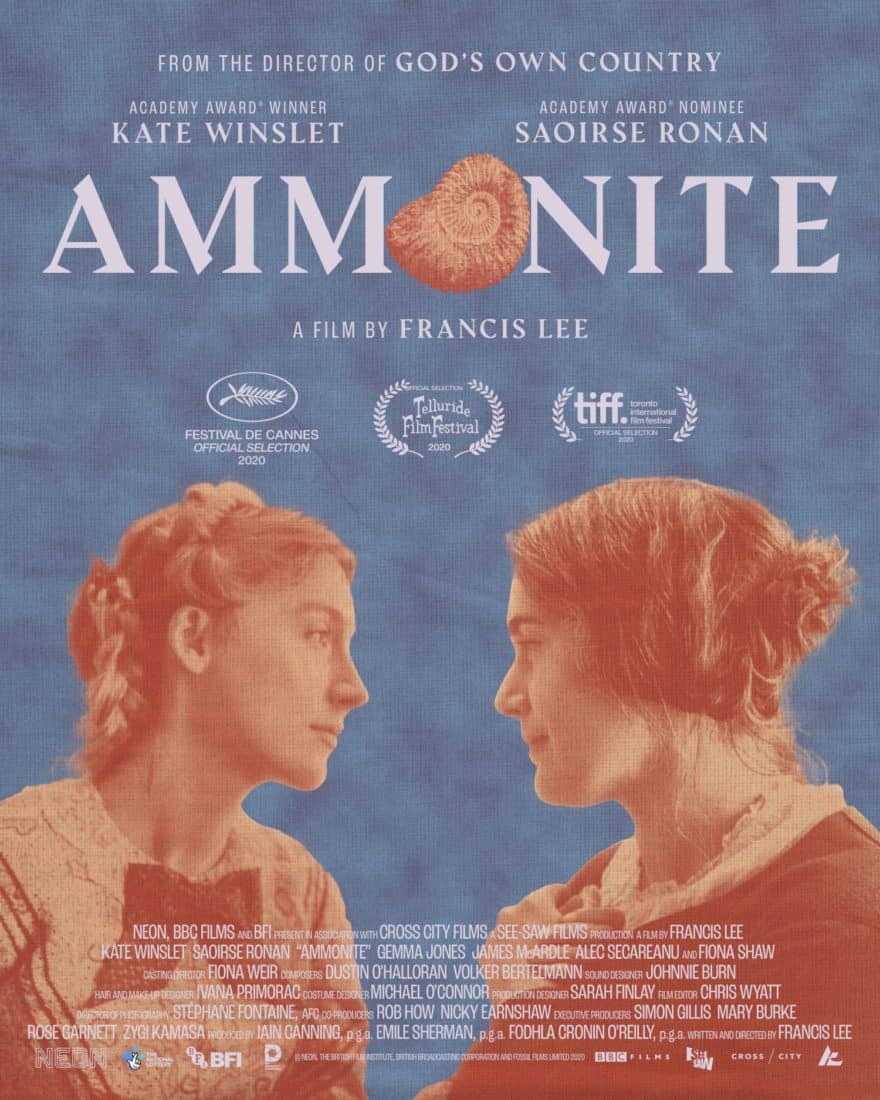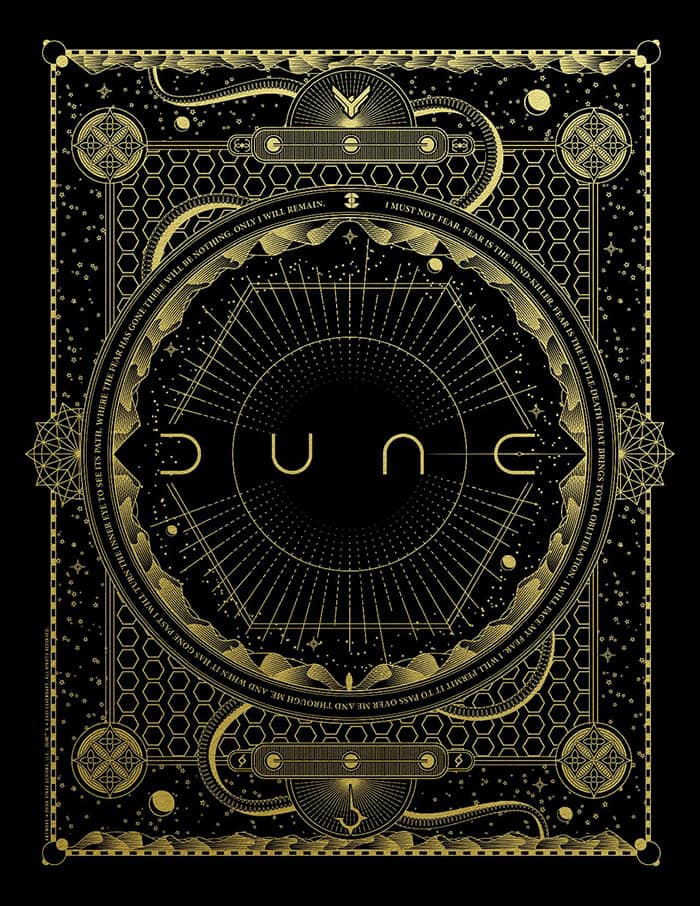
Folk music has long been a genre I’ve wanted to see employed more in film music, and Zviad Mgebry and Ben Wheeler’s score for And Then We Danced makes this wish come true. The duo draws heavily on (what I assume to be Georgian folk music), characterized by entrancing and otherworldly acoustic guitars and longing, crooning vocals.
Following in the “folk” trend is Belle and Sebastian’s score for Days of Bagnold Summer. Though their music has appeared on many soundtracks, their release of a film score surprised me. A pleasant surprise it was, as their mixture of indie pop and folk rock (complete with guitars, banjos, flutes, violins, and more) creates a wonderfully bittersweet yet serene listen.
In Noah Land, composer Leon Gurvitch applies piano in many fascinating ways. The bulk of the score consists of largely solo piano, combining mature and well-developed pieces with others that feel more akin to classical improvisations or etudes. Gurvitch’s piano work slowly implements additional elements, like the frenetic drumming and wailing female vocals in “Noah Suite Pt. 2” before flirting with new age in “Improvisation II.” In all, Noah Land showcases fantastic piano work and a penchant for the experimental – something always welcome in film music.
Trevor Gureckis has seemingly come out of nowhere and I couldn’t be happier. Bloodline features an overload of menacing, dark synth, showing that the once oversaturated genre still has some tricks up its sleeves. Gureckis then makes a large about face with The Goldfinch, a dreamy score filled to the brim with beautiful piano melodies bolstered by hypnotic synth atmospheres.



